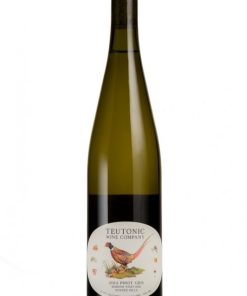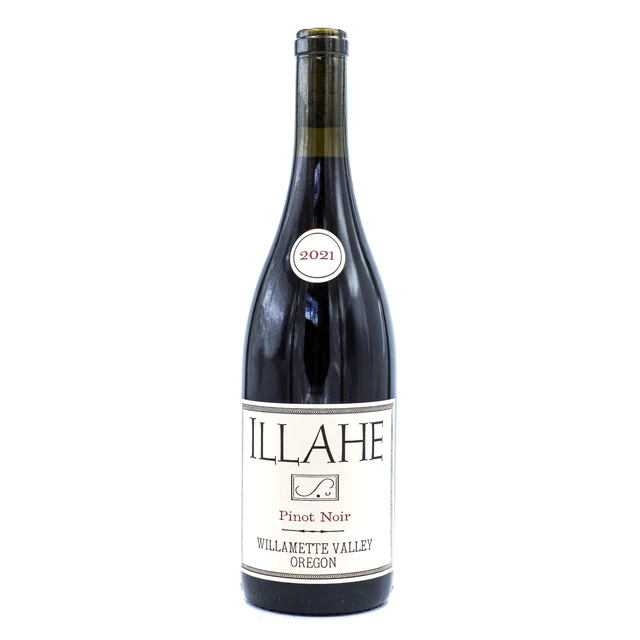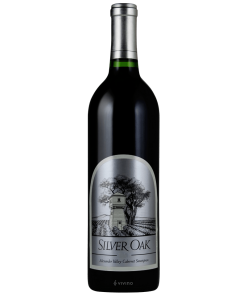2021 Illahe Pinot Noir
$35.99
velvety mouthfeel
Out of stock
2021 Illahe Pinot Noir
2021 Illahe Pinot Noir Aromas of ripe plum, nutmeg, cigar box, and vanilla bean leap out of the glass. The perceivable fruit on the palate, cherry torte, tamarind paste, strawberry jam, anise, nutmeg, and cinnamon spice, help develop a balanced and weighted mouth feel with good acidity and smooth velvet tannin that lingers.
Home of some of the planet’s most amazingly elegant and expressive Pinot noir, the Willamette Valley is a pastoral, mixed landscape of green, bucolic rolling hills, dramatic forestlands and small, independent, friendly wine growers. As a leader in environmental stewardship, the valley has some of the nation’s most protective land use policies, with two-thirds of its vineyards farmed sustainably and over half, organically. While the valley claims a cool, continental climate, and is heavily influenced by the cold, moist winds of the Pacific Ocean, its warm and dry summers allow for the steady, even ripening of Pinot noir.
Illahe Vineyards Pronounced Ill-Uh-Hee, is a local Chinook word meaning “earth” or “place” or “soil” . At Illahe, their goal is to make wine as naturally as possible from soil to bottle. They work by hand on small lots with age-old techniques and materials. Their focus is to grow and make quality Pinot Noir and white wines that express the vintage and their varietal characteristics. They don’t use enzymes or additives. Some of their wines are made entirely by hand, with no electricity or modern mechanization. They use a gentle wooden basket press and age their Pinot Noir in French and Oregon oak. Their gravity-flow winery features three levels, utilizing the natural slope of the site, starting from the crush pad to the fermenters and the press below. A further drop-off from the fermentation room to the press level allows us to load the press baskets by hand. The building’s west and north faces are buried in the hill which stabilizes the temperature throughout the year. Their winery is also solar-powered, helping reduce their reliance on fossil fuels. They also harvest rainwater to help mitigate dry spells in the summer.
Related products
Wines!
Cabernet Sauvignon
Only 28 cases available. SAVE 29%
Wines!
Best Sell Cabernet Sauvignon
Wines!
Cabernet Sauvignon
Wines!
Chardonnay
Blue Chip
 2021 Henri Bourgeois Val de Loire Cabernet Franc 750ML
2021 Henri Bourgeois Val de Loire Cabernet Franc 750ML  2017 Teutonic Pinot Gris Maresh Vineyard Dundee Hills 750ML
2017 Teutonic Pinot Gris Maresh Vineyard Dundee Hills 750ML 





